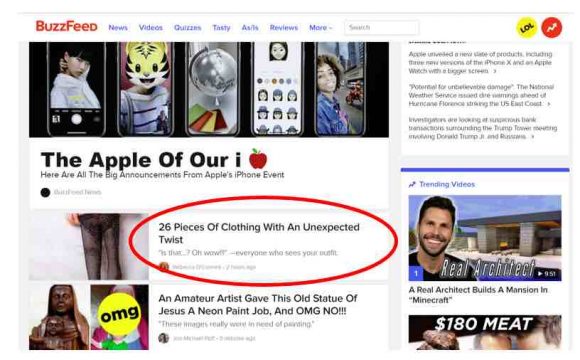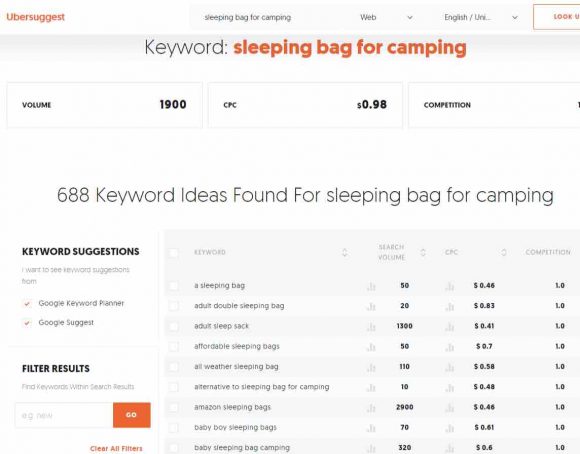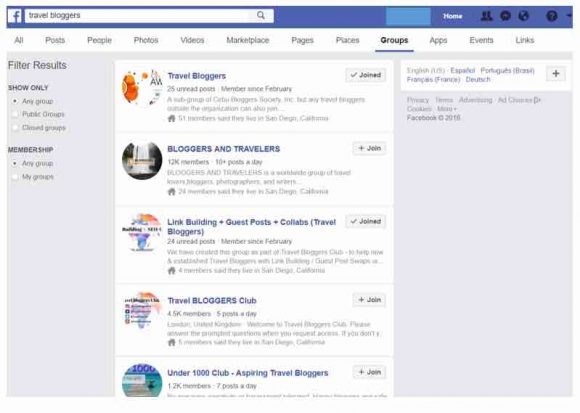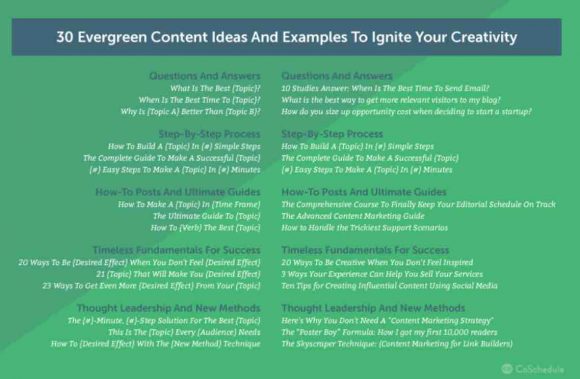How Important is Blogging for E-commerce? 3 Essential Factors that Define Success

If you’ve been blogging for a while, the prospect of monetizing your writing has likely crossed your mind once or twice. Fortunately, getting the ball rolling here isn’t overly complex. Most bloggers start by writing posts focused on affiliate marketing. If you have been doing this for a while, a logical next step might be to launch a full e-commerce store.
If done correctly, operating an e-commerce store can be a fantastic source of passive income. However, you might be wondering how much your blogging background factors in, especially if you sell a hodgepodge of products.
The answer is, you guessed it, A LOT.
Blogging should be thought of as a foundational pillar that helps get an e-commerce store noticed on the web. While nearly every online business knows the importance of blogging these days, very few actually execute theirs properly. For every awesome e-commerce blog, there are hundreds that exist merely for the sake of existing and offer very little substance. In order to fall into the elite segment of e-commerce blogs, there are several key ingredients you must factor in. Here are three of the big ones.
How Important is Blogging for E-commerce?
Dedication to Providing Fresh Value
Being as how you come from a blogging background, you probably cut your feet in the world of online commerce by writing posts with affiliate links on your blog platform: X Products You Need to Bring on Your Next Camping Trip, X Toys that will Bring You Right Back to Your Childhood, etc.
When you run an e-commerce store, people aren’t going to your blog section to learn more about the products you sell (not directly anyway). That being said, your blog should focus more on promoting value, rather than products. Keep in mind, you can still slip some product mentions in here and there, it just be can’t super blatant. For example, if you sell camping gear, a blog titled along the lines of How to Experience Yosemite for the First Time would provide a great deal of value to your visitors. Now, you can mention that investing in a good sleeping bag is one of the best things you can do before a camping trip. Within the post, you can link to one of your products. Ultimately, the focus of the blog should not be to sell products explicitly. It should showcase that you are an expert in your niche.
Now, keep in mind, there are MILLIONS of blog sections on the internet. Regardless of what industry you are in, your blog can either add something new to the mix or just add to the echo chamber. If you want to gain traction, your blog needs to fall into the former. While this is certainly important in B2C, it is absolutely essential for B2B e-commerce. Moreover, in B2B, your blog should be created to attract high-value customers and supplement your sales process. In an e-commerce store, you need to prove to visitors that you know what you are talking about and can present real, actionable value that hasn’t been covered a million times over.
Proper Attention to SEO
When it comes to blogging or writing any web content for that matter, even the most insightful messaging can essentially be rendered useless if it doesn’t account for the search engines. If you’ve spent time operating your own blogging website, you hopefully have a decent knowledge of SEO, how to incorporate trending keywords into your content organically, build relevant links, etc. However, blogging for e-commerce SEO is a bit more layered; there are several additional ingredients you need to account for.
For starters, the e-commerce platform you choose for your website plays a large role in how your SEO strategy shapes up. In regards to blogging, you should look at a platform that is very user-friendly and allows you to make quick customizations for SEO. Shopify and Magento are great for this purpose.
Now, getting into the nitty-gritty of keyword optimization, you need to take into consideration that the people reading your blog are both readers and customers at the beginning of the buyer’s journey. When you are operating a standalone blog, you are primarily targeting readers whose relationship with your website wouldn’t result in a sale. So, while you should still be focused on providing expert value (and not blatantly promoting products), you should aim to include keywords that would ideally direct people to buy from you.
Let’s go back to the Yosemite example. If you want to attract people who are in need of camping sleeping bags, your keyword research should look something like this:
If your blog post is titled: How to Experience Yosemite for the First Time, you could include a section about packing and what to bring. In this section, you could include one or two of these terms/phrases naturally.
In regards to link building, the basic principle of the concept applies across the board: make sure the links you build are highly relevant to your topic/niche. In the not-too-distant past, the bulk of the outreach process of link building relied heavily on sending a tedious amount of emails. However, these days, social media can be a fantastic way to network with others in your niche. To use the camping equipment example again, there are all kinds of Facebook groups where you can meet tons of similar-minded bloggers. In this situation, you would want to look for groups that specialize in travel/outdoors blogging.
Source
Many of these people are open to link swaps and guest posts.
SEO and blogging go hand-in-hand. When you are looking to get an e-commerce site off the ground, creating content that favors you in the eyes of the search engines is one of the best ways to gain traction.
A Healthy Mix of Time-Sensitive and Evergreen Content
As a blogger, you surely know the importance of producing content consistently. Moreover, writing about trending topics relevant to your background is critical for attracting more eyes and building thought leadership. But not every day is going to be an exciting news day. For this purpose, you need to dedicate a good portion of your blogging efforts to creating useful content that is not dependent on timing.
Most experts will tell you to post fresh content 2-4 times per month; but frequency can definitely vary. However, when you are operating an online store, there will be plenty of other responsibilities that will take up a good portion of your time. Even as a professional blogger, it will be surprisingly easy to put writing on the backburner. A wise decision here is to dedicate a day or certain hours of the week to blogging. Try and crank out two to three evergreen articles during these sessions and put them in a folder to be posted periodically. This is to ensure your blog section doesn’t go ghost for an extended period of time.
When you are completely swamped by other aspects of your e-commerce store, you will be very, very thankful you have a reserve of evergreen posts.
Keep in mind, these types of posts can be re-invented in the form of infographics, videos, slideshows, you name it!
The Wrap
A good blog section will undoubtedly give you a huge leg up against your competitors in the e-commerce world.
Additionally, as you surely know, one of the greatest things about being a blogger is you are a heavy reader by default. In the e-commerce world, many website owners have a background knowledge in web design and have no clue how to run a successful blog. You, on the other hand, have (hopefully) read all kinds of content about operating an e-commerce store at this point. So in addition to running a kickass blog, you have a respectable understanding of the big picture.
If you know the importance of fresh and valuable content, can write for the search engines, and post on a consistent basis, your e-commerce store will gather steam before you know it!
Author Bio:
Manish Dudharejia is the President and Co-Founder of E2M Solutions Inc, a San Diego Based Digital Agency that specializes in Website Design & Development and eCommerce SEO. With over 10 years of experience in the Technology and Digital Marketing industry, Manish is passionate about helping online businesses to take their branding to the next level.






Google puts a lot of weight on sites that regularly update with useful content, they also like longer posts in the 1-2k word length so it would be better to write less but longer posts than churning out large volumes of shorter posts